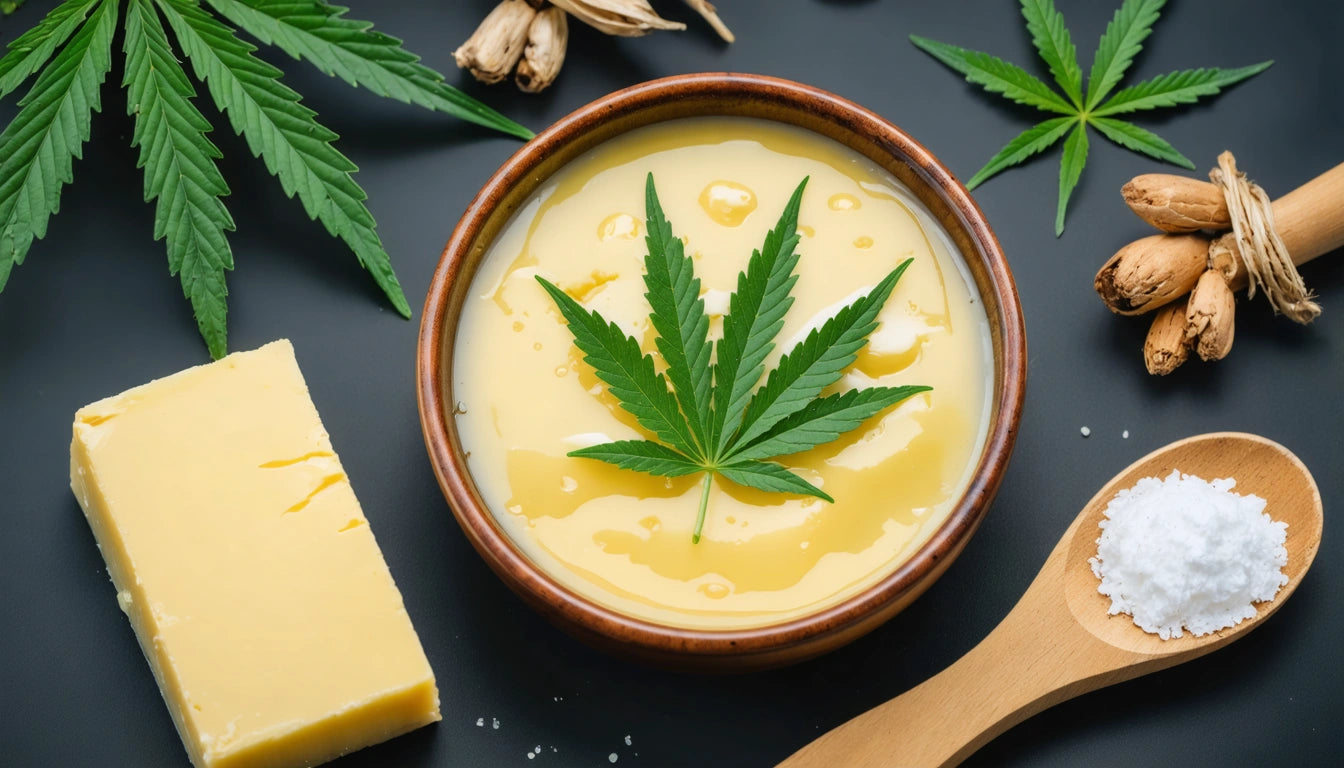Table of Contents
- Understanding Medical Cannabis Cards
- Qualifying Conditions for Medical Cannabis
- State-Specific Application Processes
- Costs and Renewal Requirements
- Using Your Card at Dispensaries
- Payment Options for Cannabis Purchases
- Benefits of Medical vs. Recreational Cannabis
- Next Steps After Obtaining Your Card
How to Obtain a Medical Cannabis Card and Use It for Purchases
Navigating the process of getting a medical cannabis card can seem daunting at first, but understanding the requirements and steps can make it straightforward. Whether you're wondering how to get a weed card in Colorado or how to obtain a weed card in more restrictive states like Texas, this guide will walk you through the essentials of application, approval, and using your card for purchases.
Understanding Medical Cannabis Cards
A medical cannabis card is an official document that allows patients with qualifying conditions to legally purchase, possess, and sometimes cultivate cannabis for medicinal purposes. These cards are issued by state governments and provide legal protection under state law, though cannabis remains federally illegal.
Medical cannabis programs exist in 37 states plus Washington D.C., each with their own specific regulations. For a comprehensive overview of the requirements in different regions, this state-by-state guide offers detailed information on how to get your weed card based on location.
Qualifying Conditions for Medical Cannabis
While qualifying conditions vary by state, some common conditions that typically qualify include:
- Chronic pain
- Cancer
- Epilepsy and seizure disorders
- Multiple sclerosis
- PTSD
- Glaucoma
- HIV/AIDS
- Crohn's disease
- Parkinson's disease
- Terminal illnesses
Some states have more restrictive lists, particularly in regions where medical programs are newer. For example, if you're researching how to get a weed card in Texas, you'll find their program is limited to conditions like intractable epilepsy and terminal cancer.
State-Specific Application Processes
How to Get a Weed Card in Colorado
Colorado has one of the more established medical cannabis programs. The process typically involves:
- Obtaining a recommendation from a physician registered with the state program
- Submitting an application to the Colorado Department of Public Health and Environment
- Paying the application fee (currently $29.50)
- Providing proof of Colorado residency
- Waiting for approval (typically 1-3 weeks)
For more specific information about Colorado and other Western states, this resource on obtaining cards in various states provides detailed guidance.
How to Get a Weed Card in Utah
Utah's program requires:
- Consultation with a qualified medical provider
- Registration with the Utah Department of Health's EVS (Electronic Verification System)
- Payment of fees (approximately $15 for initial card, plus provider fees)
- Renewal every six months initially, then annually
Costs and Renewal Requirements
The cost of obtaining a medical cannabis card varies significantly by state:
- Application fees range from $25 to $200
- Physician consultation fees typically range from $100 to $300
- Renewal fees are often less than initial application fees
- Most cards require annual renewal, though some states like Minnesota require renewals every 90 days
When budgeting for your medical cannabis program participation, factor in both the initial costs and ongoing renewal requirements. Some states offer reduced fees for veterans, seniors, or low-income patients.
Using Your Card at Dispensaries
Once you've successfully obtained your medical cannabis card, visiting a dispensary involves:
- Bringing your medical cannabis card and government-issued ID
- Checking in with the receptionist who will verify your documentation
- Consulting with a budtender about products appropriate for your condition
- Making your selection within state-mandated purchase limits
First-time patients often receive additional consultation time and sometimes discounts or welcome packages. Many dispensaries offer products like pre-rolled options in custom cones that provide convenient, precisely dosed medication for new patients still learning about consumption methods.
Payment Options for Cannabis Purchases
A common question is "Can you buy weed with a credit card?" or "Do weed stores take credit cards?" Due to federal banking restrictions, most dispensaries operate on a cash-only basis. However, the landscape is evolving:
- Cash is universally accepted at all dispensaries
- Some dispensaries have ATMs on-site for convenience
- Debit card payments are sometimes available through specialized payment processors
- Credit cards are rarely accepted due to federal restrictions
- Some dispensaries offer digital payment options like CanPay or cashless ATMs
Always check with your local dispensary about payment options before visiting, as policies can change and vary by location.
Benefits of Medical vs. Recreational Cannabis
In states with both medical and recreational programs, there are several advantages to obtaining a medical card:
- Lower taxes on purchases (sometimes 10-25% less than recreational taxes)
- Higher possession limits
- Access to higher-potency products
- Lower age requirements (18+ for medical in many states vs. 21+ for recreational)
- Legal protections for employment and housing in some states
- Access to medical-only dispensaries with potentially shorter lines and more personalized service
For patients with chronic conditions, these benefits often outweigh the costs and effort of obtaining a medical card, even in states with recreational programs.
Next Steps After Obtaining Your Card
After receiving your medical cannabis card, consider these important next steps:
- Research dispensaries in your area that specialize in your condition
- Keep track of which products and dosages work best for your symptoms
- Mark your calendar for renewal deadlines to avoid lapses in coverage
- Stay informed about changing regulations in your state
- Consider joining patient advocacy groups for support and information
Understanding how to get a weed card is just the beginning of your medical cannabis journey. With your card in hand, you gain access to legal cannabis products and the protection to use them as medicine under state law. Whether you're in a long-established market or a newly legalized state, these guidelines will help you navigate the process with confidence.











Leave a comment
All comments are moderated before being published.
This site is protected by hCaptcha and the hCaptcha Privacy Policy and Terms of Service apply.